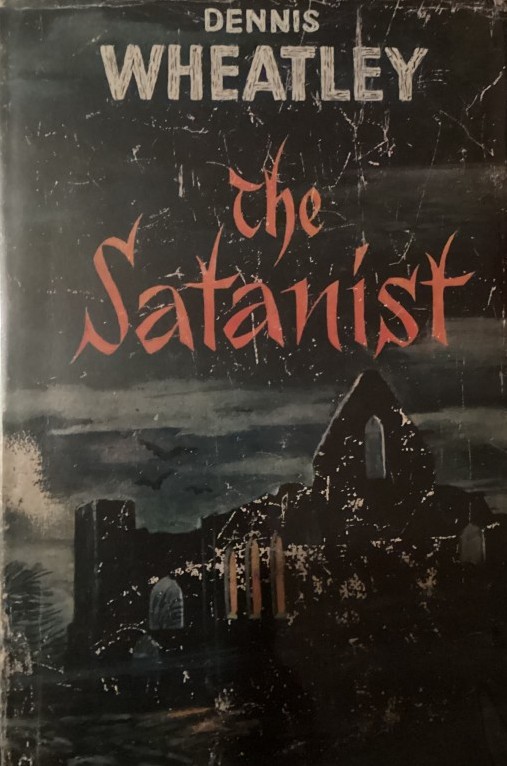Inspiring Older Readers
 posted on 05 Jan 2025
posted on 05 Jan 2025
Bad ‘bad books’
Many people will be familiar with G.K. Chesterton’s notion of a ‘good bad book’ which George Orwell spun into a wonderful essay that you’ll find in his collection called ‘Shooting an Elephant’. For Orwell, these are books that have very limited literary merit but which have lasted and remained popular despite the fact that they rarely feature in the lists of the greatest works of literature.
For me, the ‘good bad book’ has become a useful shorthand way of describing the kind of books I seek out when I need some comfort reading or some mildly whimsical diversion – the sort of writing that demands very little of me other than to surrender the formula the author has established. Crime novels, the occasional thriller, books about books and (rarely) a bit of humour are all in my personal cache of ‘good bad books’.
The identity of the authors of these good bad books is subject to changing fashions – seemingly from nowhere, an author will be taken up by popular or social media and their past output will be ‘reassessed’ and deemed to have been unfairly neglected or previously unfairly derided. You’ll often hear people who have ‘discovered’ these writers talking about their new found favourites as ‘guilty pleasures’ – a phrase that’s meant to suggest that the reader knows the books are tripe but that they have adopted them in some kind of ironic way.
One author that I’ve recently seen being ‘rediscovered’ is the prolific Dennis Wheatley. Famous, or maybe infamous, for his occult thrillers, cheap Dennis Wheatley novels in paper and hardback were everywhere when I first started rummaging second hand bookshops forty years ago. Even then, these were books associated with ‘dads’ looking for an easy, thrilling read after work or teenagers desperate to read some explicit sex. To underline their appeal, they would have the most extraordinarily lurid covers designed to titillate. They were, universally amongst the people in the circles I moved in, thought of as the kind of book you just grow out of or move on from as your reading taste refined.
I’m aware now, as I write this, that this sounds horribly elitist or judgemental – Wheatley sold in barrowloads and so he must have been ringing someone’s bell. He certainly sold in quantities that were unimaginable for the likes of Joyce, Woolf, Greene and pretty much any ‘great’ author. I never had a teenage book reading life and, as a result, I never had any flirtation with Wheatley’s books – although I know people who did. So, was I judging him unfairly by dismissing him as a dreadful populist hack or was he in fact the author of at least a few ‘good bad books’?
When on a recent book-buying trip I stumbled over a very cheap first edition of Dennis Wheatley’s The Satanist from 1960, I thought that this might be a chance to discover just what I’ve been missing. I have to confess from the outset, I thought it was completely unreadable. In the small amount I managed to read there were horrible right-wing sentiments, a hatred of trade unions, habitual drinking at elite ‘clubs’, misogyny and an almost pathological fear of communism – which he equates with Satanism. All in less than one hundred pages.
But maybe the most offensive thing was the quality of the writing, which was truly execrable. Clumsy dogma masquerading as dialogue and characters so cardboard you could write your shopping list on them. Life’s too short for this tat.
So while I will continue the quest for the next good bad book, I will tread carefully because in amongst the great rolling grasslands of forgotten and half-forgotten books there are plenty of what is the anti-matter of good bad books – bad bad books.
Terry Potter
January 2025